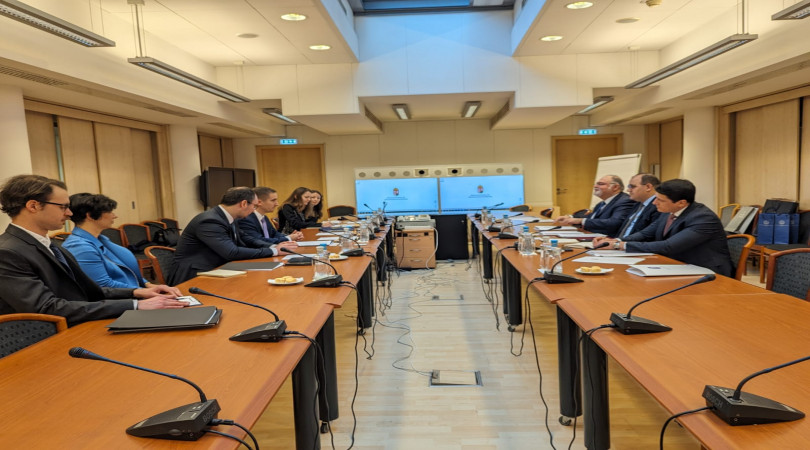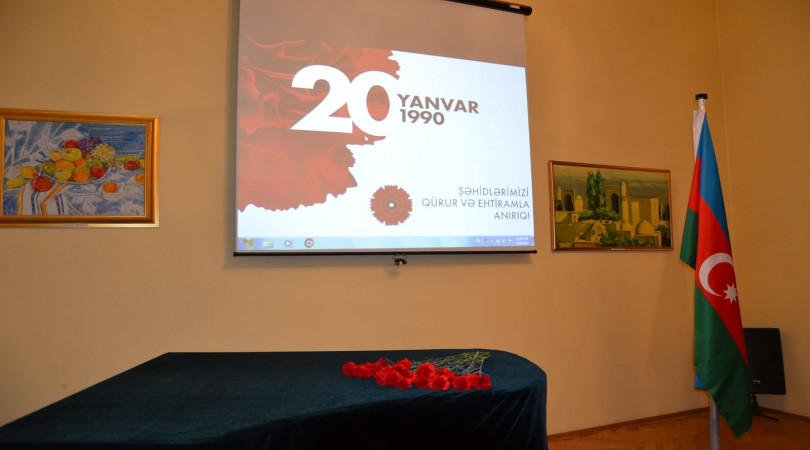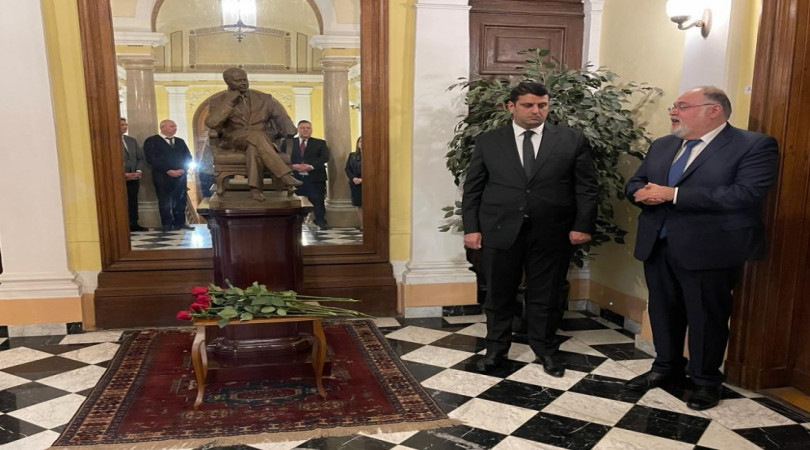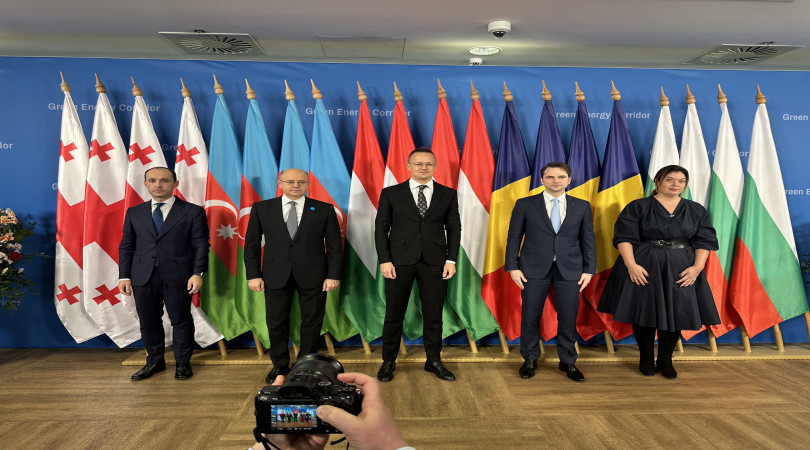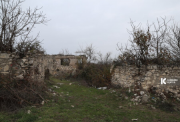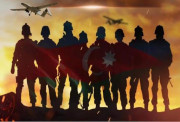Statement of the Ministry of Foreign Affairs of the Republic of Azerbaijan on the occasion of the 31st anniversary of the Khojaly genocide
February 26, 2023 marks the 31st anniversary of the horrible genocide committed by the armed forces of Armenia in Khojaly.
During the decades-long aggression of Armenia against Azerbaijan, one of the gravest crimes committed against the civilian population and one of the most tragic pages of Azerbaijan’s history was the genocide against the population of Khojaly town, where more than 7,000 people lived before the conflict.
Within the framework of Armenia’s occupation policy, as a part of premediated plan, before the Khojaly genocide, Azerbaijanis were killed with special cruelty and massacres were committed against them in settlements such as Baganis Ayrim, Garadagli, Meshali, Karkijahan, Malibeyli and Garadaghli.
From October 1991, town of Khojaly was completely surrounded by Armenia’s armed forces. Over the night of 25-26 February 1992, following massive artillery bombardment, Armenia’s armed forces with the help of the former USSR’s 366th Motorized Rifle Regiment, mostly comprised of Armenians, occupied Khojaly.
As a result of the occupation, 5,379 inhabitants of the town were forcefully expelled. 613 people, including 63 children, 106 women and 70 elderly citizens, were brutally murdered. 1,275 were captured and taken hostage and were tortured, and 487 were injured. The fate of 150 of those captured, including 68 women and 26 children still remains unknown. The actions of the Armenian armed forces tore families apart. 8 families were completely wiped out. 130 children lost 1 parent and 25 children lost both parents.
The Khojaly genocide, the indiscriminate killing of the civilian population, was part of the policy of ethnic hatred, racial discrimination and systematic violence carried out by Armenia against Azerbaijan for many years at the state level.
The Khojaly genocide and other crimes committed by Armenia during its aggression against the Republic of Azerbaijan, including war crimes and crimes against humanity, constitute serious violations of international humanitarian and human rights law. These include violations of the Convention on the Prevention and Punishment of the Crime of Genocide; the Convention against Torture and Other Cruel, Inhuman or Degrading Treatment or Punishment; the International Convention on the Elimination of All Forms of Racial Discrimination and others.
So far, the national legislative bodies of 18 countries, as well as 24 States of the USA, the Organization of Islamic Cooperation and the Organization of Turkic States have adopted a number of resolutions and decisions condemning the massacre of civilians in Khojaly and characterizing it as a crime against humanity and an act of genocide.
In its judgment of 22 April 2010, the European Court of Human Rights arrived at an important conclusion with respect to the crimes committed in Khojaly, denouncing the behavior of those carrying out the atrocities as “acts of particular gravity which may amount to war crimes or crimes against humanity”.
Under international law, states have a responsibility to investigate atrocities such as those committed by Armenian forces at Khojaly and prosecute the perpetrators. However, to date none of those responsible for the crimes committed at Khojaly have been prosecuted by Armenia.
In a telling admission of culpability, Armenia’s then Defence Minister and ex-President, Serzh Sargsyan, was quoted by the British journalist Thomas de Waal, as saying, “before Khojali, the Azerbaijanis thought that ... the Armenians were people who could not raise their hand against the civilian population. We were able to break that [stereotype]” (Thomas de Waal, Black Garden: Armenia and Azerbaijan through Peace and War (New York and London, New York University Press, 2003), p. 172).
Deliberate targeting of the Azerbaijani civilian population continued during military operations conducted by Armenia from September 27 to November 10, 2020. Purposefully targeting the civilian population and civilian infrastructure of Azerbaijani cities such as Ganja, Barda, Terter, which are located at a considerable distance from the war zone, Armenia resorted to the same terror tactics as they had in 1992.This time with the use of multiple launch rocket systems and cluster munitions, Armenia once again unlawfully targeted and killed peaceful Azerbaijani civilians.
The Republic of Azerbaijan believes that continuous measures taken at the national level as well as under international law, will serve to end impunity and bring to justice those responsible for serious crimes committed during Armenia's aggression against Azerbaijan.
There have to be a legal assessment on the Khojaly genocide and those who committed this terrible tragedy should receive its proper punishment.
We engrave the victims of the Khojaly tragedy in our national memory and honor their reminiscence. Rest in Peace!

.jpeg)
